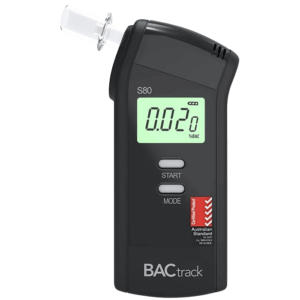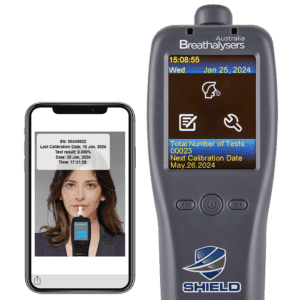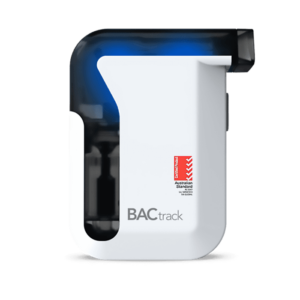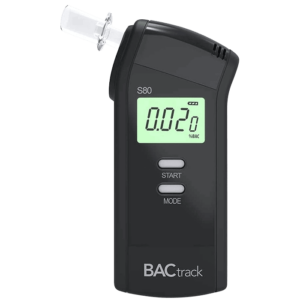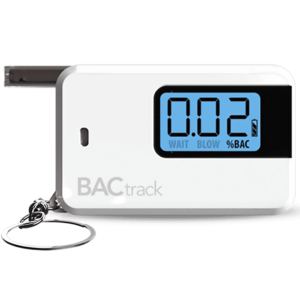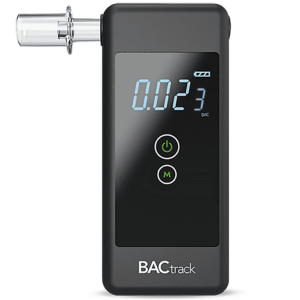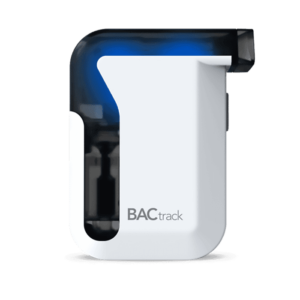How Long Does Alcohol in Urine Last?
14 March, 2024

Alcohol consumption can have profound effects on the body, including altering urine composition. Many people may be curious to know how long alcohol in urine lasts after consumption. On average, alcohol is detectable in urine for up to 12 hours. However, the actual timeframe may vary depending on various factors, such as the amount of drinking, metabolism, and any health conditions. The sensitivity of the testing method also plays a vital role in detecting recent alcohol use.
One of the most engaged activities of people worldwide is alcohol consumption. Light drinking can bring pleasant effects like enhanced mood and euphoria. However, excessive amounts can rapidly lead to severe intoxication and impaired judgment. This is because alcohol is a depressant that affects the nervous system. To determine the detection periods of alcohol in urine, we will take a look at the factors that affect it.
How Long Does Alcohol in Urine Last is Influenced by the Frequency of Consumption
One of the main factors that determine how long alcohol in urine lasts is the amount and frequency of consumption. Firstly, the more a person drinks, the longer it takes to eliminate it in the system. Secondly, individuals who consume alcohol regularly may have a more extended detection period compared to occasional drinkers.
Additionally, individuals who drink alcohol regularly may have higher levels of Ethyl Glucuronide (EtG) in their urine, a byproduct of alcohol metabolism. As a result, the window of detection can be longer for these individuals. Advanced urine tests can detect the presence of EtG for up to 80 hours, providing a more accurate assessment of consumption.
It is essential for individuals to be aware of how their drinking habits can impact the length for which alcohol stays in the system. Those who consume regularly may need to take extra precautions and a longer period of time before undergoing alcohol testing. Likewise, it is recommended to consult a healthcare professional for people with alcohol addiction to discuss options for treatment and support.
Implications of Frequency and Amount of Consumption
- Tolerance: Regular and increased consumption of alcohol can lead to higher tolerance. It means that individuals will need to drink more to achieve the desired effects.
- Risk of Alcohol Use Disorder (AUD): Frequent and high doses of alcohol increase the risk of developing alcohol abuse. AUD is a severe medical condition that has adverse effects on mental and physical health.
- Risk of mental health issues: Drinking heavily while struggling with depression or anxiety can exacerbate symptoms and lead to further complications.
- Reduced work performance: Alcohol impairments affect the capacity to perform tasks safely and effectively.
- Impaired liver function: Chronic use can lead to liver failure.

How Long Does Alcohol in Urine Last is Affected by Individual Differences
Individual differences play a significant role in how long alcohol in urine lasts. Factors such as body weight and body type can impact the metabolism of alcohol. Individuals with higher body weight and muscle mass may metabolise alcohol more quickly than those with lower weight or muscle mass. This can result in differences in the length of time alcohol is detectable in urine.
Genetics also play a role in how the body processes alcohol. Some genetic factors can affect metabolism and detection time variations. This means that individuals with certain genetic predispositions may have a longer or shorter detection time for alcohol in their urine.
Additionally, liver health is crucial in metabolising alcohol. Individuals with liver damage may have a longer detection time as their liver may not function properly. It is also responsible for breaking down alcohol, and any impairment in its function can lead to a longer presence of alcohol in urine. It is essential to consider these individual differences when assessing how long alcohol may be detectable in urine samples.
Understanding How the Body Processes Alcohol
Alcohol is a volatile substance with rapid effects on the body. When a person consumes alcohol, a small portion enters the bloodstream through the stomach and small intestine. Once in the bloodstream, it is metabolised by liver enzymes. The liver works to break down alcohol into various byproducts, including acetaldehyde.
The alcohol metabolites stay in the system for different periods. These byproducts are excreted through urine, breath, and sweat. Furthermore, alcohol has a half-life of approximately five hours. This means that it takes five hours to metabolise half of the ingested alcohol and clear the system.
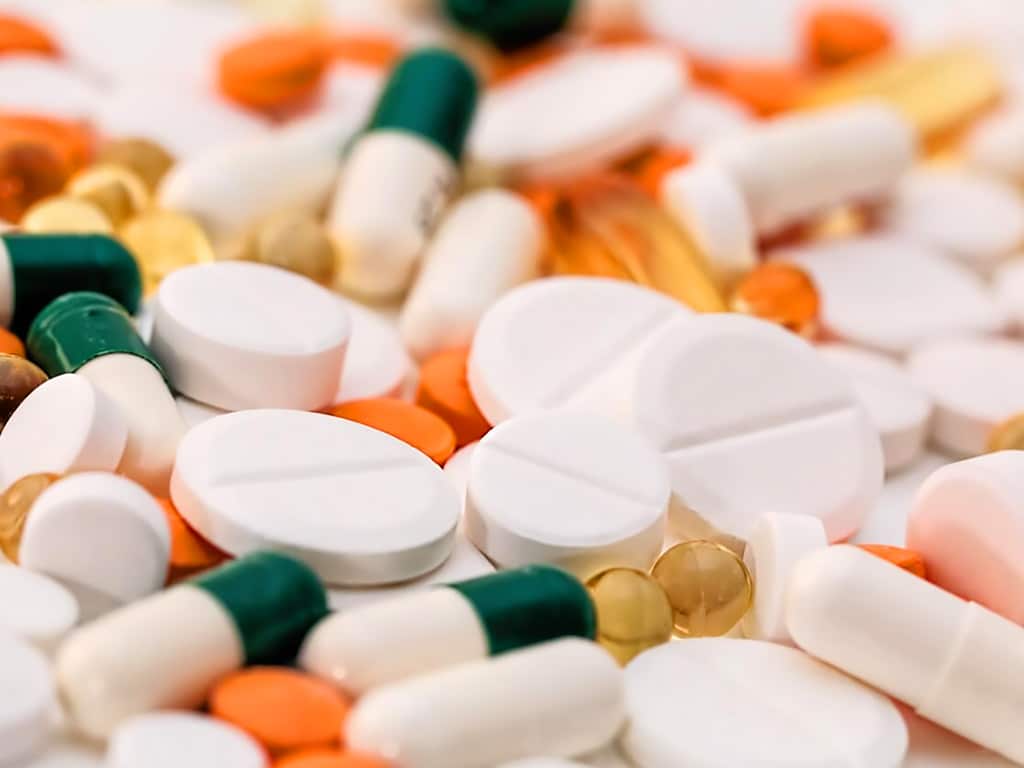
How Long Does Alcohol in Urine Last is Influenced by Medications and Health Conditions
Other factors that can significantly impact how long alcohol in urine lasts are medications and pre-existing health conditions. Certain medications, such as antidepressants, antibiotics, and allergy medicines, can interfere with the absorption of alcohol in the body. These medications may interact with alcohol and increase the Blood Alcohol Content (BAC), prolonging its presence in urine.
Moreover, several health conditions can affect the ability of the body to process alcohol and eliminate it from the system. For example, individuals with liver disease may have a slower metabolism rate, increasing the likelihood of a positive urine alcohol test. Other medical conditions include kidney disease, diabetes, and obesity, which can also affect the ability to eliminate alcohol efficiently.
Additionally, the presence of medications may trigger a positive result in an alcohol urine test. This is because some drugs can contain alcohol as part of their formulation, leading to their presence in urine even if no actual alcohol consumption has occurred. Thus, individuals taking certain over-the-counter or prescription medicines should inform their healthcare provider or the testing facility to avoid false-positive results in alcohol testing.
Effects of Alcohol on Individuals
The effects of alcohol on individuals can both be short-term and long-term. Upon ingestion, the person may feel immediate relaxation or euphoria. They may also experience lowered inhibitions and become more sociable or talkative than usual. However, higher amounts of alcohol lead to impaired judgment and loss of coordination.
Over the long term, chronic alcohol use and heavy drinking can have serious health consequences. It can damage various organs, including the liver, brain, heart, and kidneys. It can also lead to neurological disorders, such as dementia, peripheral neuropathy, seizures, high blood pressure, stroke, and alcoholic myopathy.
Conclusion
In conclusion, the duration of alcohol in urine lasts based on various factors. The main factors include the amount and frequency of drinks, as well as the concentration of alcohol in a drink. Individual factors also influence the detection window of alcohol in urine. These include metabolism, body type, medications, and underlying health conditions. On average, alcohol is detectable in urine for up to 48 hours after consumption, but this timeframe can be extended in specific cases.
Alcohol can have several adverse effects on physical and mental health, such as liver and kidney disease. These effects also increase safety risks in the environment. Therefore, many establishments conduct alcohol testing to detect impairment. A urine test is one of the common methods to detect alcohol because of its extended period of detection. However, other methods, such as breath and blood tests, are also useful. They have shorter detection window and are more effective in determining recent consumption.



















